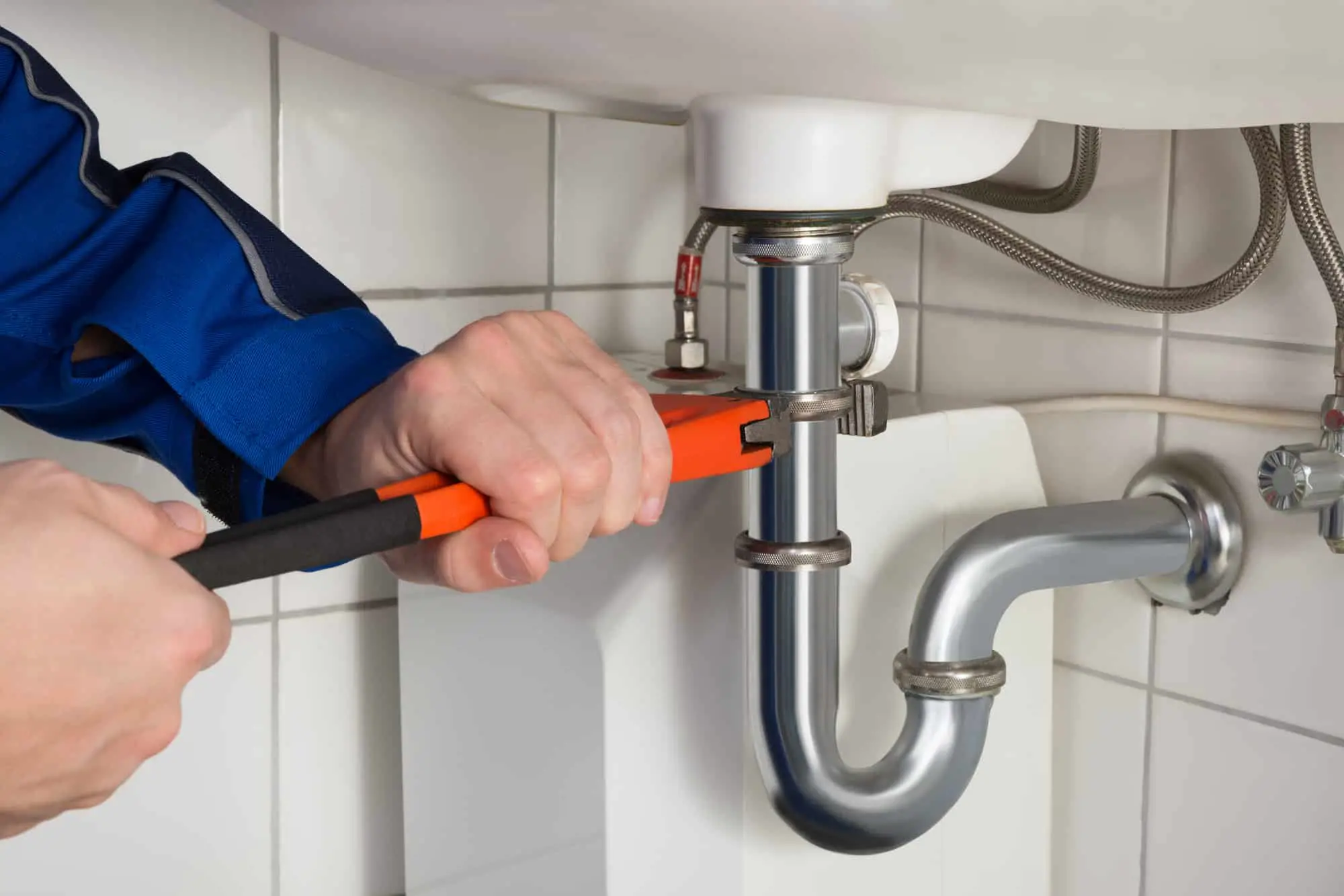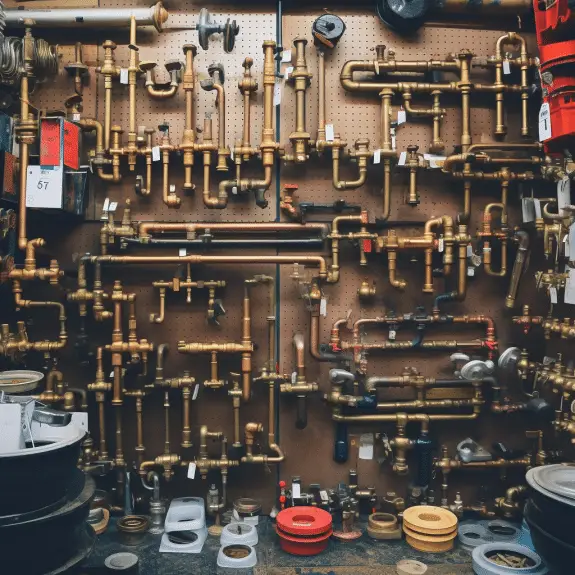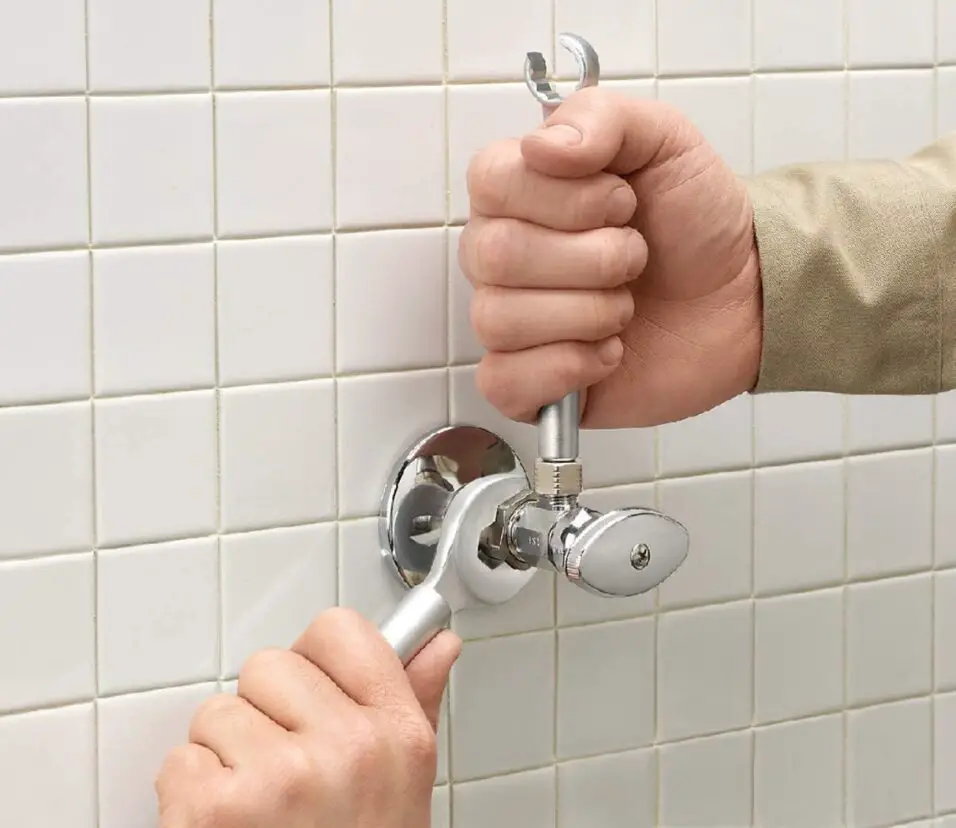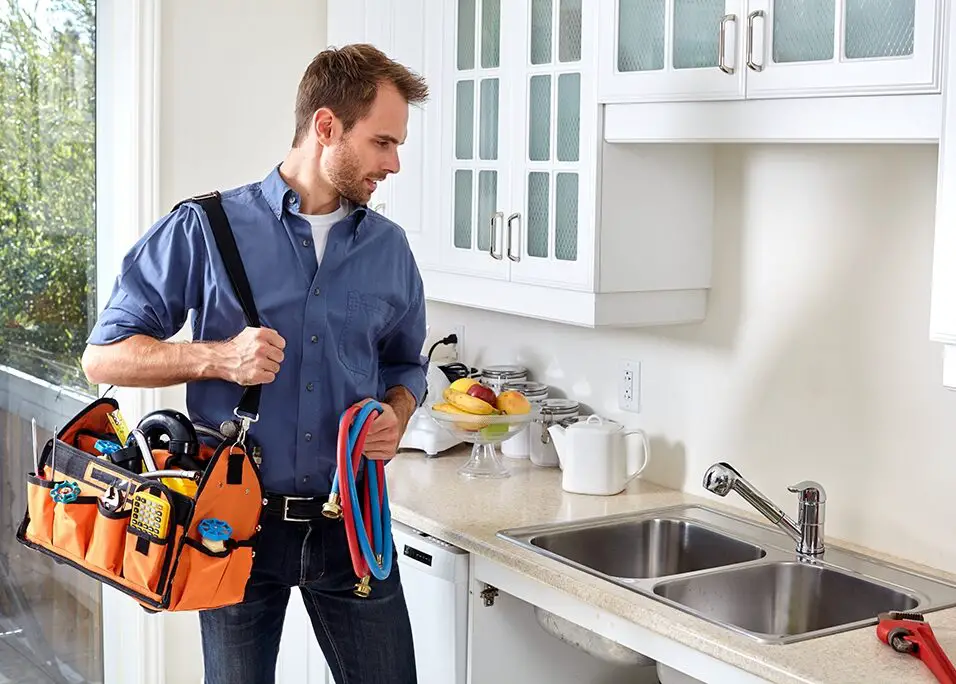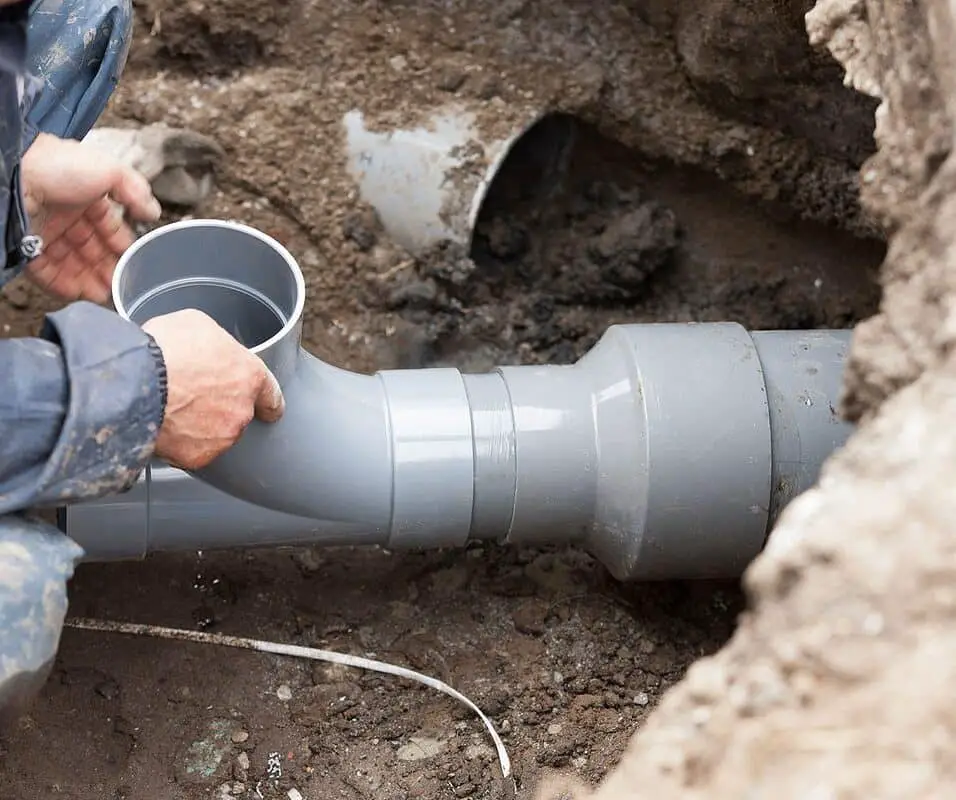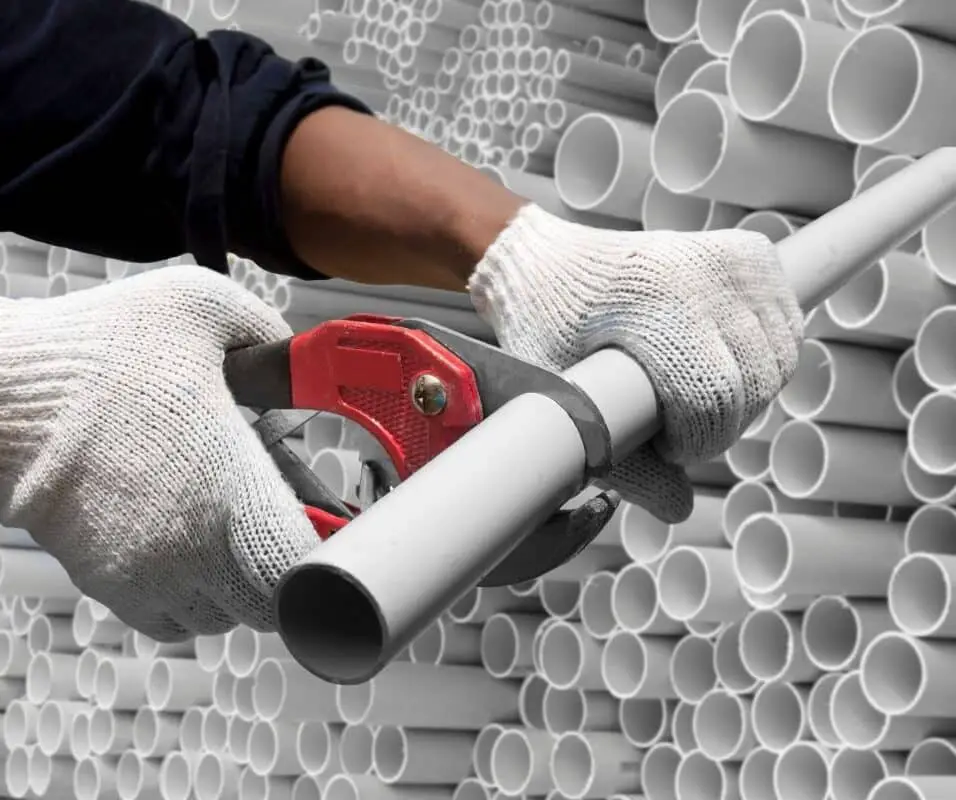What Element Makes Plumbing Pipes
Introduction
What Element Makes Plumbing Pipes: Plumbing pipes are an essential component of any modern building, enabling the transportation of water, gases, and waste materials. These pipes are carefully designed and constructed using various materials, each possessing distinct properties that make them suitable for specific applications. The selection of the appropriate material for plumbing pipes is crucial for ensuring a reliable and efficient plumbing system. One of the fundamental elements that play a critical role in the composition of plumbing pipes is the choice of material. Several factors come into consideration when deciding which material to use, such as cost, durability, resistance to corrosion, temperature tolerance, and compatibility with the intended purpose.
Historically, indoor plumbing pipes were predominantly made from lead or clay. However, advancements in materials science and concerns about health risks led to the development of alternative materials. Today, the most commonly used materials for plumbing pipes include copper, PVC (polyvinyl chloride), PEX (cross-linked polyethylene), and stainless steel.
Copper pipes are renowned for their exceptional durability, corrosion resistance, and heat conductivity, making them ideal for both hot and cold water applications. PVC pipes, on the other hand, are cost-effective, lightweight, and resistant to chemical reactions, making them popular for drainage and waste systems. PEX pipes offer flexibility, ease of installation, and resistance to freezing, making them a popular choice for residential plumbing. Stainless steel pipes are highly durable, corrosion-resistant, and often used in commercial and industrial settings.
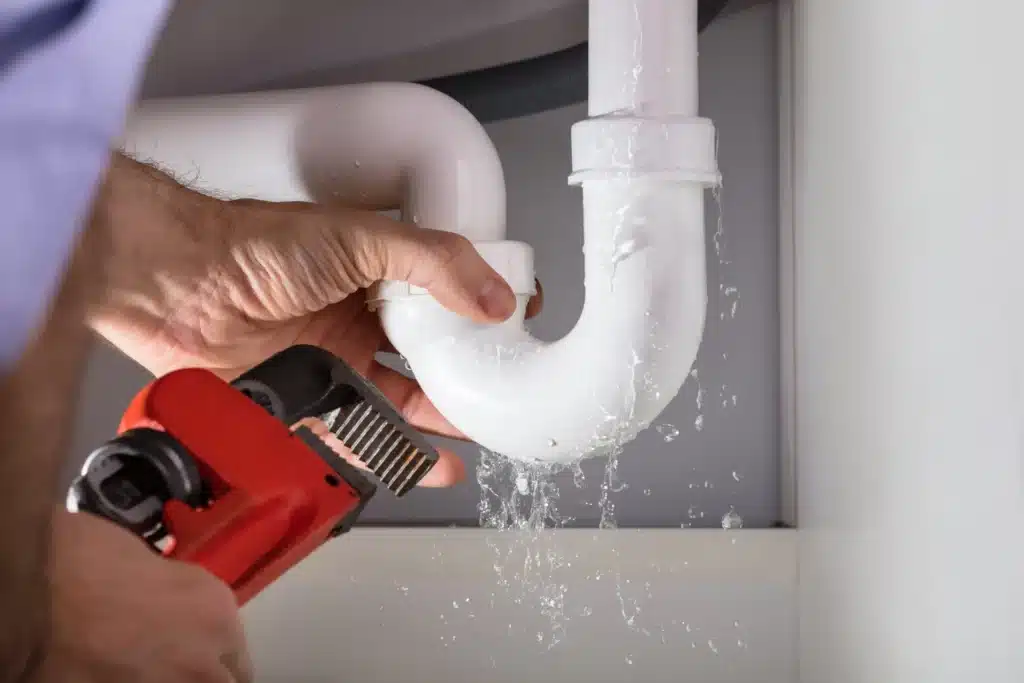
What Metals Are Used In Plumbing?
There are three metals that are often used for plumbing lines that carry potable water. These are stainless steel, copper, and brass. These metals are used because they are strong and last a long time.
In plumbing, different metals are used for different purposes. Each metal is chosen based on its unique features and how well it fits a certain plumbing need. Copper, coated steel, brass, and stainless steel are all metals that are often used in plumbing.
Copper is one of the most common metals used in plumbing because it is durable, doesn’t rust, and is easy to shape. Because it can be used for both hot and cold water, it is often used for lines that bring water to homes. Copper lines are a good choice for plumbing because they last a long time and don’t rust from the inside or the outside.
Galvanized steel pipes, on the other hand, were used a lot in the past, but their tendency to rust has made them less popular over time. To make these, steel pipes are covered with zinc to keep them from rusting.
What Is Most Plumbing Made Of?
The most common materials for plumbing lines are copper, PVC, CPVC, and PEX. This piece will give you an overview of these four building materials as well as some others.
Depending on how the pipe system will be used and other factors, it is often made up of different parts made of different materials. Some of the most common materials used in pipes are copper, PVC, PEX, and brass, but other materials are also used.
Copper has been a standard in the plumbing business for a long time because it is strong, doesn’t rust, and moves heat well. It is usually used in plumbing fixtures and lines that carry hot or cold water. Copper pipes can handle big changes in pressure and temperature over their long lives.
PVC is another popular choice for plumbing, especially for garbage and drainage systems. Because it is cheap, doesn’t weigh much, and doesn’t mix with chemicals, it is a great choice for moving wastewater. Pipes made of PVC are not only strong, but they also don’t rust or wear down easily.
In the past few years, PEX has become more popular because it is flexible, easy to install, and doesn’t break when it freezes. Cross-linked polyethylene (PEX) lines are used a lot in plumbing systems in homes. PEX lines are very strong, don’t rust, and keep heat in well.
Brass is commonly used in water systems because it lasts a long time, doesn’t rust, and is easy to install and keep up. Brass fittings are often used to connect one type of pipe to another because they are safe and can be used in many different ways.
Which Metal Is Used For Plumbing Pipes And Why?
Copper is the most stable material for plumbing tubes and is used most often in the developed world. Is good for things that go underground because it doesn’t rust in most underground places.
Copper is the most common metal for plumbing lines, and there are a few good reasons for this. Great material for water systems because it is strong and lasts a long time. Copper lines don’t rust or break down much over time, so the plumbing system will be stable and last for a long time.
Copper doesn’t rust or tarnish very easily, which is one of its best qualities. Unlike some other metals, copper lines are not easily damaged by the chemicals and minerals that are often found in water. This resistance to rust helps keep the pipes in good shape, stops leaks, and keeps the water flowing easily.
Copper is also famous for how well it transfers heat. It can be used for both hot and cold water lines because of this. Pipes move heat well, so hot water gets where it needs to go quickly and the temperature stays the same throughout the plumbing system.
Another benefit is that copper lines are easy to shape. Copper is a soft metal that is easy to shape and bend to fit the plan and design of a water system. This makes building easier, reduces the need for extra parts, and makes it less likely that there will be leaks.
What Metal Is Best For Plumbing Pipes?
Copper pipes
Copper pipes are often used for both hot and cold water lines because they can handle heat, don’t rust, and kill bacteria on their own.
It is the best choice when it comes to choosing a metal for water pipes. It has been used in pipes for a long time and is seen as the best material in the field. Copper is thought to be the best metal for water pipes because:
Durability:
Copper lines last a long time and are very strong. They can stand up to high water pressure and are not easily damaged by things like UV rays and fire. Copper lines are known to last for many years and make a plumbing system that is reliable and easy to take care of.
Resistance to Corrosion:
Copper is very resistant to corrosion, which makes it a great material for plumbing lines. Even when exposed to water and different chemicals, it doesn’t rust or break down quickly. This resistance to corrosion makes sure that copper lines don’t leak and keep the water quality high.
Heat Conductivity:
Copper is a great heat generator, so it can be used with both hot and cold water. Copper pipes carry heat well, so hot water can quickly get to faucets and fixtures. This property makes it easier to keep water at the same temperature and uses less energy generally.
Copper lines are safe because they are made of copper. It stops the growth of bacteria, fungi, and other dangerous microorganisms because it is a natural antimicrobial. This feature helps to keep the water source clean and healthy as a whole.
Copper lines are easy to install because they can be bent and shaped to fit the design of the plumbing system. This makes installation easier and cuts down on the need for extra fittings or connections, which lowers the risk of leaks.
Why Is Brass Used In Plumbing?
Brass doesn’t rust very easily, so it’s a great material for pipe joints. In places where the water is very acidic, pipe fittings are chosen because they don’t rust. Brass can handle high temperatures because it is good at moving heat.
Brass is often used in pipes for fittings, valves, and connectors because it has a lot of useful qualities. Metal is often used in pipes for the following reasons:
Resistance to Rust and Rust
Brass doesn’t rust easily, which makes it a good material for pipes. It can stand up to water and doesn’t rust as easily as other metals. Brass plumbing parts last longer and are less likely to leak or break because they don’t rust.
Power that lasts
Brass is a strong metal that can stand up to the wear and tear of water systems. It can work for a long time because it can handle high pressure, changes in temperature, and physical stress. Brass fittings and valves can handle rough conditions and keep working well for a long time.
They can be changed and are easy to set up.
Brass is a soft metal that is easy to shape into different joints and fittings. This makes it easier for plumbers to put in metal parts because they can bend them into different forms and connect different pipe materials. The ease of placement saves time and work on plumbing jobs.
Look good to the eyes
Brass has a smooth surface and a nice golden color that make water systems look better. Brass fittings, valves, and fixtures look nice, which is why many homes and designers choose to use them. They can make kitchens, bathrooms, and other rooms where plumbing is visible look better.
Protection from things that wear it down
Acids and salts that are usually in water are less likely to break brass. It can stand up to chlorine and other corrosive substances, making it a good choice for plumbing systems where chemical safety and water quality are important.
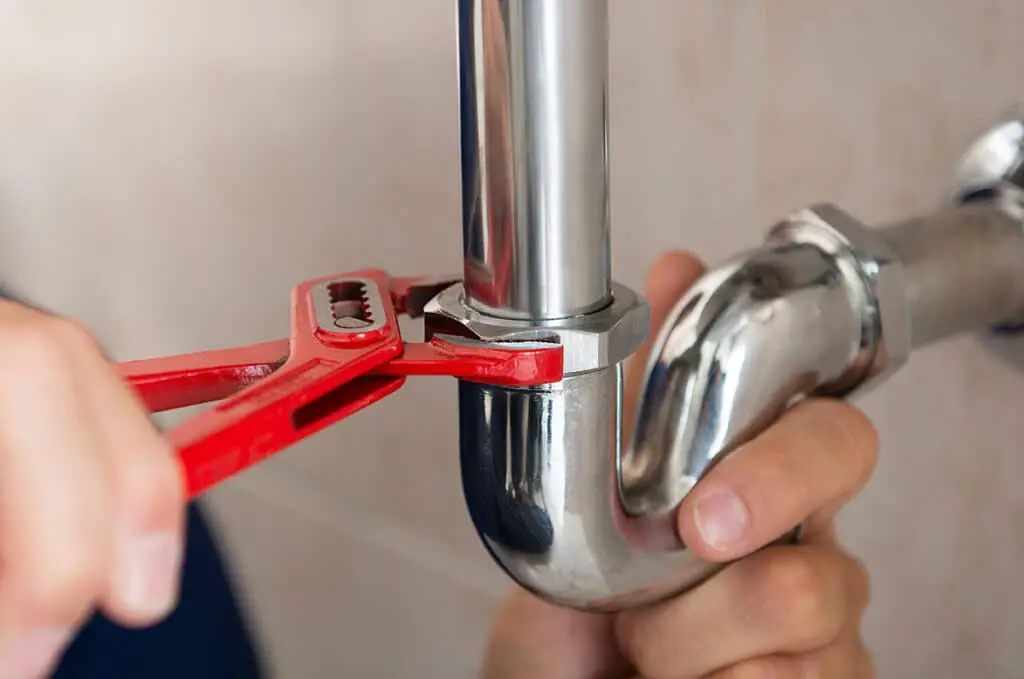
Is Cpvc Good For Plumbing?
CPVC was first introduced in the U.S. in 1959 and some of the earliest installations are still in service today so CPVC has proven exceptionally reliable in residential plumbing. FlowGuard Gold pipe and fittings are designed for a 50-year service life with a safety factor of 2.
CPVC (Chlorinated Polyvinyl Chloride) is a type of plastic pipe commonly used in plumbing systems, particularly for hot water applications. CPVC has gained popularity in recent years and is considered a good choice for plumbing for the following reasons:
High Temperature Resistance:
One of the best things about CPVC is that it can handle high temps very well. It can handle hot water better than other types of plastic pipes, like PVC. Since CPVC pipes can handle temperatures up to 93 degrees Celsius (200 degrees Fahrenheit), they can be used to carry hot water.
Corrosion Resistance:
CPVC pipes are very good at not rusting, which is important for keeping water systems in good shape. When exposed to chemicals, minerals, and hard water, they are less likely to corrode or build up scale. This makes the lines last longer and makes it less likely that they will leak.
Installation:
Because CPVC pipes are light and easy to handle, they are easy to put in place. Using liquid cement, they are easy to cut, join, and connect, which makes installation easier and saves time and effort.
Cost-Effectiveness:
CPVC is less expensive than materials like copper when it comes to pipes. It has a good balance of durability, performance, and price, which makes it a good choice for both home and business plumbing jobs.
Low Thermal Conductivity:
CPVC has low thermal conductivity, which means it keeps heat in better than other materials. This trait reduces the amount of heat lost while hot water is being moved, making the plumbing system more energy efficient.
What Element Is Commonly Used To Make Plumbing Pipes?
The most commonly used element to make plumbing pipes is metal. Specifically, various types of metal alloys are used, such as copper, brass, and galvanized steel.
Plumbing pipes are commonly made from a variety of materials, and the specific element used depends on the type of pipe and its intended application. However, one element that is frequently used in plumbing pipe construction is copper.
Copper, a versatile and durable metal, has been widely utilized in plumbing for many years. It possesses several properties that make it ideal for plumbing pipes. First and foremost, copper is highly resistant to corrosion, making it suitable for transporting water and other fluids without the risk of pipe deterioration. This corrosion resistance ensures the longevity and reliability of copper pipes, minimizing the occurrence of leaks and maintaining water quality.
Furthermore, copper exhibits excellent thermal conductivity, allowing it to efficiently transfer heat. This property is advantageous in plumbing systems that require the transportation of hot water, as copper pipes effectively retain and distribute heat, contributing to energy efficiency and consistent water temperature control.
Copper pipes are also known for their malleability, which enables easy shaping and installation. Plumbers can bend and manipulate copper pipes to fit the specific layout and design requirements of a plumbing system, reducing the need for additional fittings and connections and minimizing the risk of leaks.
What Are The Advantages Of Copper Pipes?
Copper pipes are widely used in plumbing due to their excellent corrosion resistance, durability, and ability to withstand high temperatures and pressures. They are also easy to install, maintain, and repair. Copper pipes are known for their long lifespan and are safe for transporting drinking water.
Copper pipes offer numerous advantages that make them a popular choice in plumbing systems. Here are some key advantages of using copper pipes:
Durability
Copper is a highly durable material, and copper pipes have a long lifespan. They can withstand high water pressure, temperature fluctuations, and external factors such as UV rays and fire. Copper pipes are known for their resilience and can last for several decades, providing a reliable and low-maintenance plumbing system.
Corrosion Resistance
Copper is highly resistant to corrosion. Unlike some other metals, copper pipes do not rust or corrode easily, even when exposed to water and various chemicals. This resistance to corrosion ensures the integrity of the pipes, reduces the risk of leaks, and helps maintain water quality.
Heat Conductivity
Copper is an excellent conductor of heat. This property is advantageous in plumbing systems that require the transportation of hot water. Copper pipes efficiently transfer heat, allowing hot water to reach faucets and fixtures quickly. This feature helps maintain consistent water temperatures and improves overall energy efficiency.
Malleability
Copper is a malleable metal, meaning it can be easily shaped and bent to fit the specific layout and design requirements of a plumbing system. This flexibility simplifies the installation process, reduces the need for additional fittings or connectors, and minimizes the risk of leaks.
Antimicrobial Properties
Copper possesses natural antimicrobial properties. It inhibits the growth of bacteria, fungi, and other harmful microorganisms, contributing to the cleanliness and hygiene of the water supply. This feature makes copper pipes particularly suitable for residential, commercial, and healthcare settings.
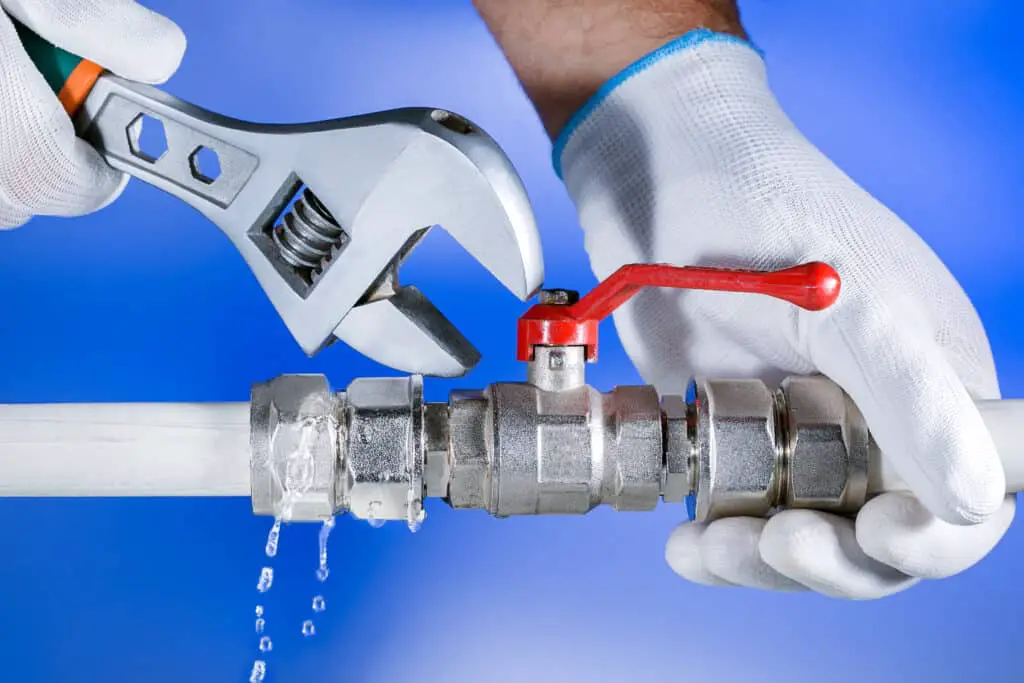
Conclusion
Choosing the right material for plumbing pipes involves considering factors such as cost, durability, resistance to corrosion, temperature tolerance, and compatibility with the intended purpose. Plumbers, contractors, and homeowners need to be aware of the characteristics and properties of different materials to ensure the selection of pipes that meet the specific requirements of the plumbing system. The choice of material is a crucial element in the construction of plumbing pipes, as it directly impacts the performance, durability, and efficiency of the plumbing system. Over time, advancements in materials science have led to the development of various options that cater to different needs and applications.
Copper pipes have proven to be a reliable choice, offering excellent corrosion resistance and thermal conductivity. They are widely used for both hot and cold water applications. PVC pipes, known for their affordability and chemical resistance, are commonly utilized in drainage and waste systems. PEX pipes provide flexibility, ease of installation, and resistance to freezing, making them popular for residential plumbing.
Stainless steel pipes are highly durable and corrosion-resistant, making them ideal for demanding commercial and industrial environments. Each material has its own unique set of properties and advantages, allowing plumbing professionals to choose the most suitable option based on the specific requirements of a project. PVC pipes are cost-effective, lightweight, and resistant to chemical reactions, making them ideal for drainage and waste systems. PEX pipes provide flexibility, ease of installation, and resistance to freezing, making them popular in residential settings. Stainless steel pipes offer excellent durability and corrosion resistance, often utilized in commercial and industrial environments.



